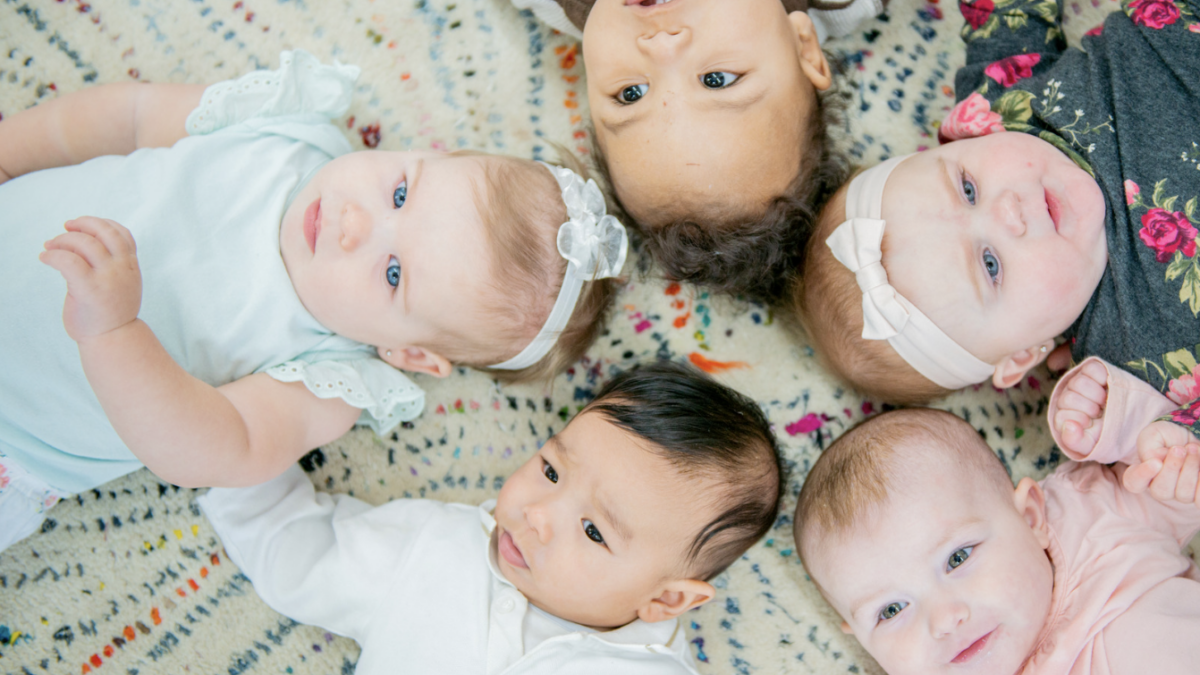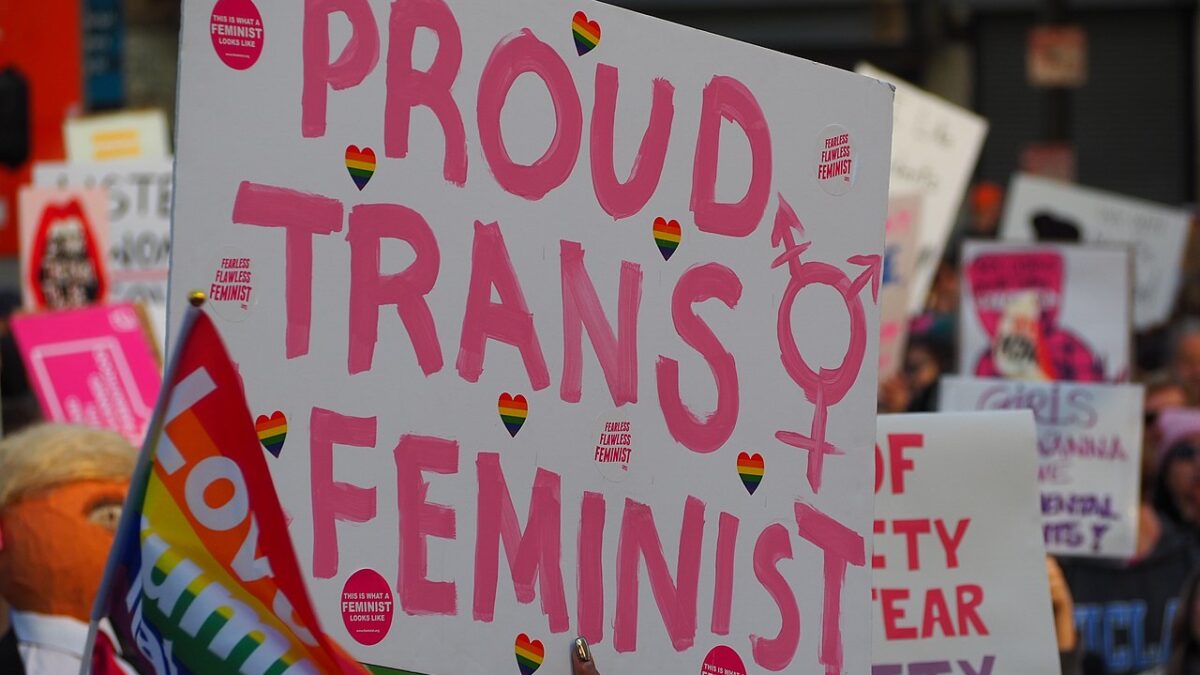The Western world could use more babies, but creating children by any means necessary, as French President Emmanuel Macron recently suggested, is not a sustainable solution.
France, like many European and North American countries, suffers lagging replacement rates that threaten to undermine the nation’s structure and culture. To combat this alarming trend, the French government, at the behest of Macron, started formulating a policy plan earlier this year that would further subsidize assisted reproductive technology (ART) to replenish the country’s flailing fertility.
France’s largely socialized health care system already fully funds IVF for anyone who wants a baby. As a result, more than 4 percent of the nation’s babies are born after conception in a test tube.
Macron hopes that “relaunching” France’s birth rate with promises of free fertility tests and more taxpayer-funded in vitro fertilization (IVF) will invigorate the population to procreate by whatever means necessary.
“Until recently, we were a country for which this was a strength […] It’s been less true in recent years,” Macron admitted in January after learning that his country saw a 6.6 percent drop in births from 2022 to 2023.
Macron’s plan may appeal to the rising number of rich, famous, and political who believe that science and technology alone will revive birth rates and improve on humanity’s biological limitations. There is, however, a dark side to his proposition.
France’s sponsorship of test-tube babies sentences at least 150,0000 embryos to their deaths each year on taxpayers’ dime and is responsible for creating thousands of motherless and fatherless children by design. The plan is also ineffective because, even after trying for years to positively impact the nation’s birth rates, it fails to address the factors responsible for the dramatic tumble.
The End Does Not Justify the Means
As The Federalist’s David Harsanyi noted last month, there is a myriad of reasons for low birth rates, including “loss of religiosity,” abortion, “widespread availability of birth control,” and possibly even fearmongering about climate change.
“The leading reason we’ve seen declining birth rates is surely that women have joined the workforce and postponed marriage and thus families,” Harsanyi writes. “This is obvious. People are living longer, but biology doesn’t calibrate itself to your cultural expectations.”
As evidenced by Macron’s plans and even U.S. Democrats’ policies defending Big Fertility, world leaders are often tempted by the promises that IVF will score them political points and fix their countries’ problems.
Yet, IVF is far from a foolproof way to ensure parenthood. The only thing it can almost always guarantee is the commodification of human life and more excuses to delay parenthood.
ART gives young people who have the best chances of naturally procreating a false sense of security about their decisions to delay marriage and reproduction. Because technologies that claim they can outsmart their biological clock are so readily available to them, they choose to use their peak fertile years on a corporate cubicle job or dating around instead of settling down.
When the desire for a child comes, they can commission one, regardless of their relationship status or natural ability to reproduce. This leads to the proliferation of Frankensteined families — households that only become such because an adult puts his desire for children above even their rights and well-being — and directly affects birth rates.
There’s a major difference in “families” that happen because a single man bought an egg, rented a surrogate, and deliberately raised a child that has no biological connection to him and families that happen as the result of natural reproduction or redemptive processes like adoption.
Fertility Without Family Is a Failure
The moment the fractured families model offered by ART (with its egg buying, sperm selling, IVF, and surrogacy) becomes the priority is the moment our decline accelerates.
“We don’t want a world where children are spawned in artificial wombs and raised unlovingly, for example, even though this would ensure a steady supply of new humans,” Federalist Contributor Georgi Boorman once wrote. “They are people, and how they are nurtured and by whom matters deeply.”
Children who grow up without their married, biological mother and father have clear physical, emotional, and educational disadvantages that do not systematically affect their peers in stable nuclear family situations. Boys specifically who spend their key years in fatherless homes, like the ones ART enables and its proponents promote, are less likely to graduate and more prone to criminal acts and violence.
Additionally, children who grow up in homes fraught with divorce and broken relationships are more likely to experience the same outcomes as adults.
A generation of people haunted by these consequences doesn’t suggest the strong, flourishing society we know comes with the widespread presence of the indispensable nuclear family. Instead, it all but predicts that birth rates will continue to tumble as the Western world drifts away from God and toward gods like abortion and climate change alarmism.
Promoting and even subsidizing reproductive tech as a solution for nations’ fertility woes, much like paying people to have kids, won’t work. Yes, babies are good. Yes, Western countries could benefit from having more of them. But making ART the pillar of that strategy is like slapping a Band-Aid over a gaping, bleeding wound.









